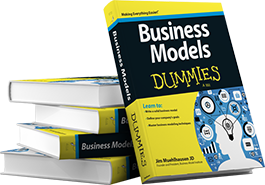Swoopo.com Sells iPad for $17,739
To better understand the Swoopo.com business model, let’s review a previous post, Swoopo’s Innovative Business Model. In a nutshell, you buy $0.01 bids on Swoopo for $0.60. Then you bid on iPads, TVs, Gold bars, etc. You might win an iPad for $35, but Swoopo has sold 3500 $0.60 bids for the privilege of “winning” the iPad for $35.
Now, Swoopo has taken the business model to the next level. Here is my favorite Swoopo.com auction (now Dealdash.com), 750 Swoopo.com bids ($0.60 each) worth $450.
Auction 319106
Auction Sale Price $37.05
Placed bids by winner (1206) $723.60
Fair Market Value $450.00
Price Overpaid $273.60
Effective cost/bid (3705 total bids @ $.60) $2.96
In our previous blog post, you saw an iPad sold for $59.93 or 5,993 bids costing $0.60 per bid. However, if the person buying the iPad used the bids similarly priced to the ones won at the auction above, the effective sales price of the iPad would be a mind-blowing $17,739.28 ($2.96 per bid times 5,993 bids).
One has to wonder if Swoopo keeps a performance metric called Effective Sales Price in Excess of Fair Market Value? To this end, I have some alternative tag lines for Swoopo:
- Profiting from consumers inability to do math
- It costs less when you only spend credits
- iPad lottery
- Thanks for subsidizing my cheap electronics
- I could never throw that quarter on the plate at the carnival, but I can spend $1200 to win a $300 gadget
I have nothing against Swoopo. To the contrary, I believe they are business model geniuses. It’s the incessant consumer desire for a “good deal” which is the issue, not Swoopo’s business model. Swoopo’s business model is nothing but a modified lottery. Until consumers realize that lotteries are a math disability tax, Swoopo’s business model will continue to thrive.










